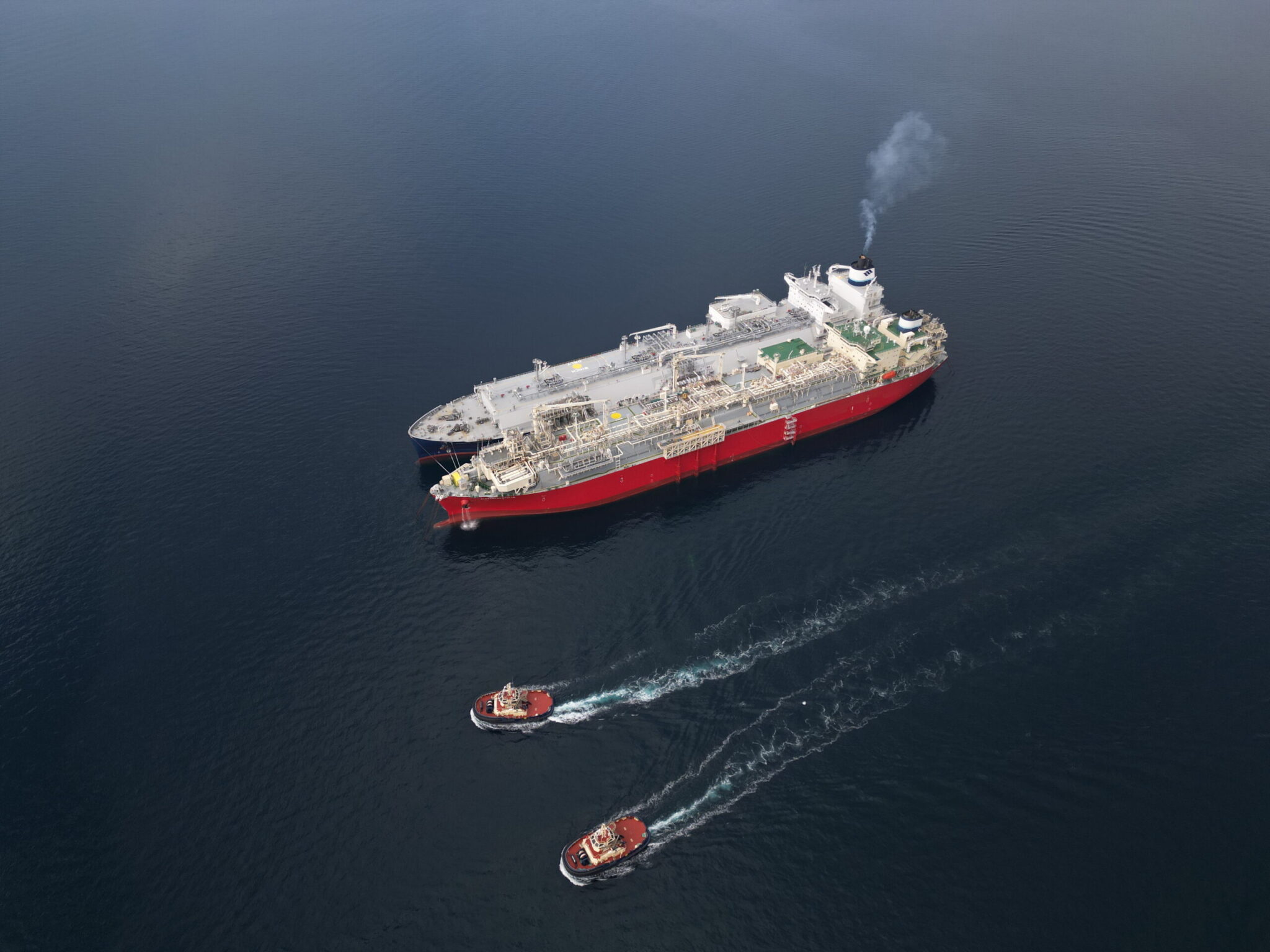A new liquefied natural gas (LNG) terminal near Alexandroupolis, Greece, has been launched as part of a strategic initiative to reduce Southeastern Europe’s reliance on Russian gas.
The newly opened LNG terminal is equipped with a floating storage tank, a regasification unit, and an extensive pipeline system, allowing imported liquefied gas to be converted back into its gaseous state and distributed across Greece and neighboring countries.
Initially, the terminal would supply gas to the Greek market but could also export gas to several other nations, including Bulgaria, Romania, North Macedonia, Serbia, Moldova, and Ukraine in the east, as well as Hungary and Slovakia in the west, reports Slovak newspaper Dennik N.
The terminal will import gas from a variety of sources, including the United States, Qatar, and Egypt, according to Bulgartransgaz, a stakeholder in the Greek operator GasTrade.
This diversity in suppliers is critical for reducing dependence on Russian gas, which has been a priority for Europe following recent geopolitical tensions and disruptions in energy supply.
In addition to supplying LNG, the terminal is expected to be connected to existing gas pipelines, such as the 170-kilometer-long pipeline between Bulgaria and Serbia, which became operational in December and also transports gas from Azerbaijan.
The LNG terminal is expected to boost the local economy with the project estimated to generate €382 million in savings through fuel conversion, as it will enable countries to transition from coal and oil to cleaner natural gas.
Maria Rita Galli, the head of Greece’s transmission gas network operator Desfa, highlighted that the terminal will provide Greece with an export capacity of 8.5 billion cubic meters of gas annually by the start of next year.






